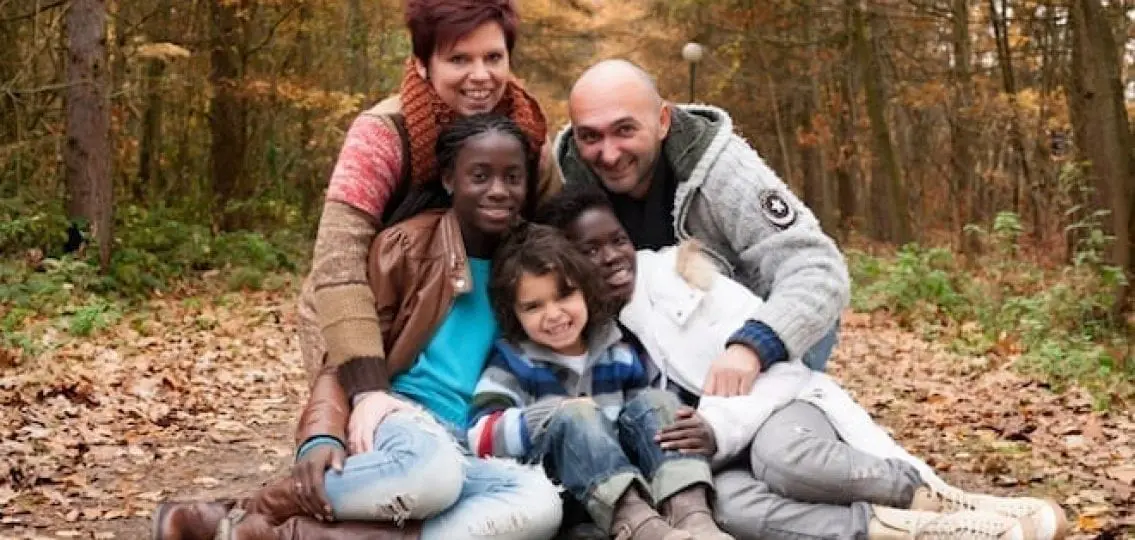During adolescence, it can be hard for a parent to see that the sullen teenager in front of you is the same giggling little girl who used to catch butterflies in the yard. Often, she will return, but the road is long and hard for many adopted children and for their parents and loved ones.
Adolescence is especially complicated for adopted teens. The issues of identity, belonging, and feeling different loom large for all teens. But they’re expanded for adopted ones, especially if it is a closed, international, or trans-racial adoption.
3 Common Adopted Teen Struggles:
1. Early trauma
Adopted teens are, in fact, disproportionately represented in therapeutic programs. One explanation lies in their early experiences. Many of these teens have suffered loss and trauma, and many have been in multiple placements in orphanages and foster homes before arriving at their forever family.
Their early suffering can cause depression, anxiety, and an inability to trust, and can lead to self-destructive behavior. The degree of trauma and loss may correspond to the complexity of these issues.
2. Gaps in history
When gaps exist about their birth family’s history, the teen may fill in the blanks with perceived details. The resulting story may project an alternate reality. It is not unusual for adopted teens to hang out with kids who resemble a world from where they think they came.
3. Anger
Anger may be one of the prevalent emotions expressed by an adopted teen—anger about abandonment by their birth parents, anger towards their adoptive parents and a system that keeps secrets from them about themselves. Therapeutic wilderness programs and boarding schools might be helpful. But in some cases, they can exacerbate the feeling of alienation from others.
How to Support Adopted Teens:
There is no one-size-fits-all for children and teens. Generalizations are difficult because, in reality, everyone’s story is a case study of one.
It is best to seek consultation in making decisions around how to treat these personal growth issues gone awry. And support groups help reassure parents and give them the strength to grow and change with their teen.
My strongest recommendation is for parents to talk honestly with their kids.
Details about the past, even the painful details, compose a person’s history. When parents wait to share important information about their child’s past, the delay may feel like a breach of trust. Teens may interpret this as, “Things were kept from me, about me and you don’t trust me with my truth.” Omissions in truth may cause the teen to believe that you, the parent, cannot be trusted. This is part of the downward spiral that an adopted teen may sometimes encounter.
Adolescence is complex; adoption is complex. It’s important to understand that an adopted teen may have struggles on top of regular adolescent angst. You can best support them through honesty and dialogue. In the end, most teens scrape through adolescence to emerge in their late 20’s, resembling that giggling little girl catching butterflies once more.




